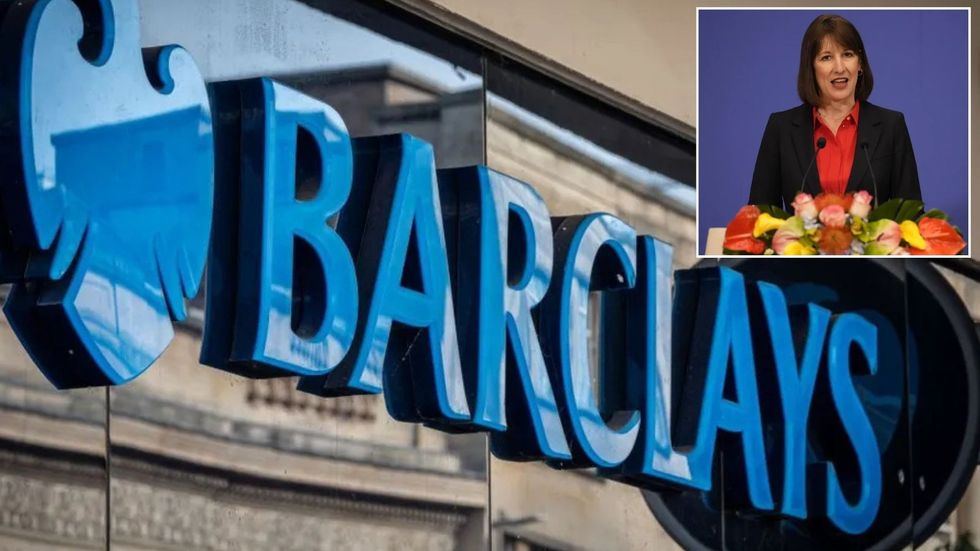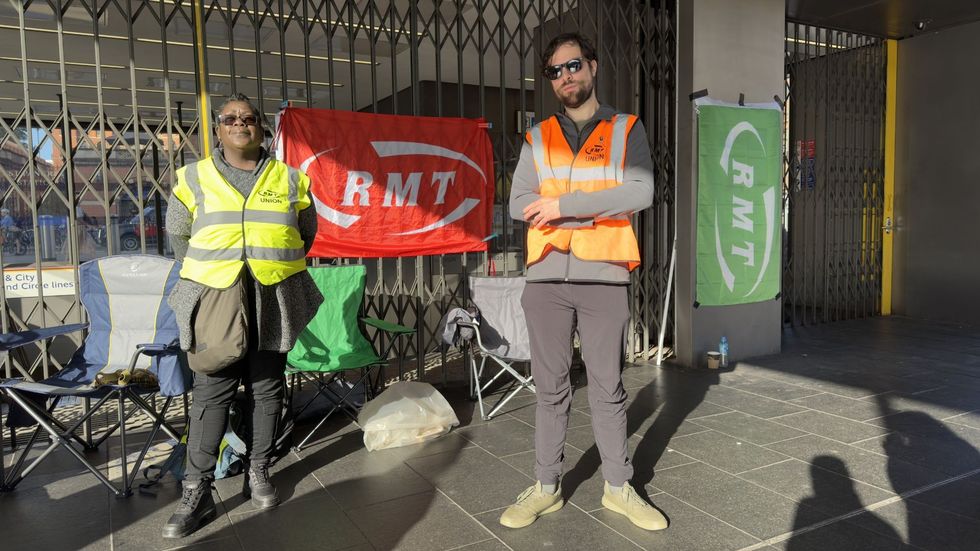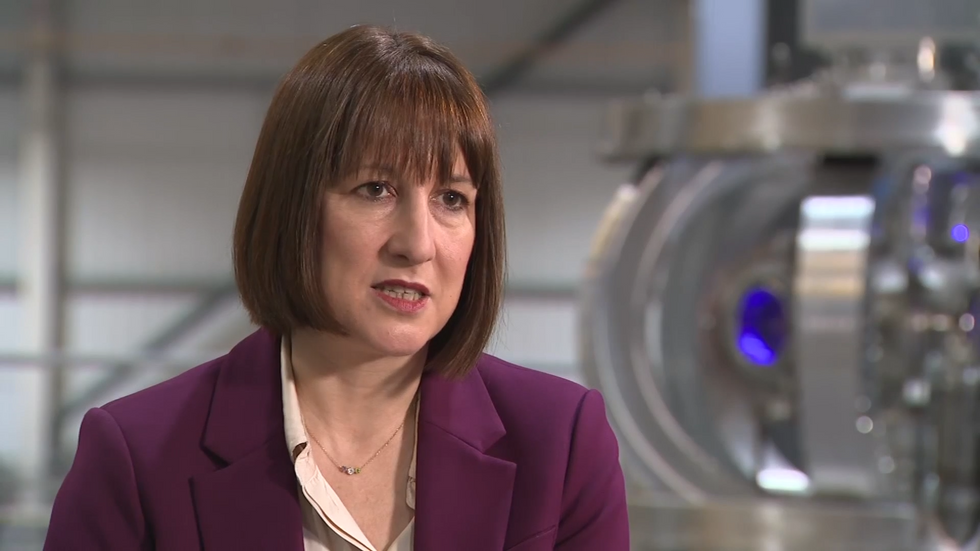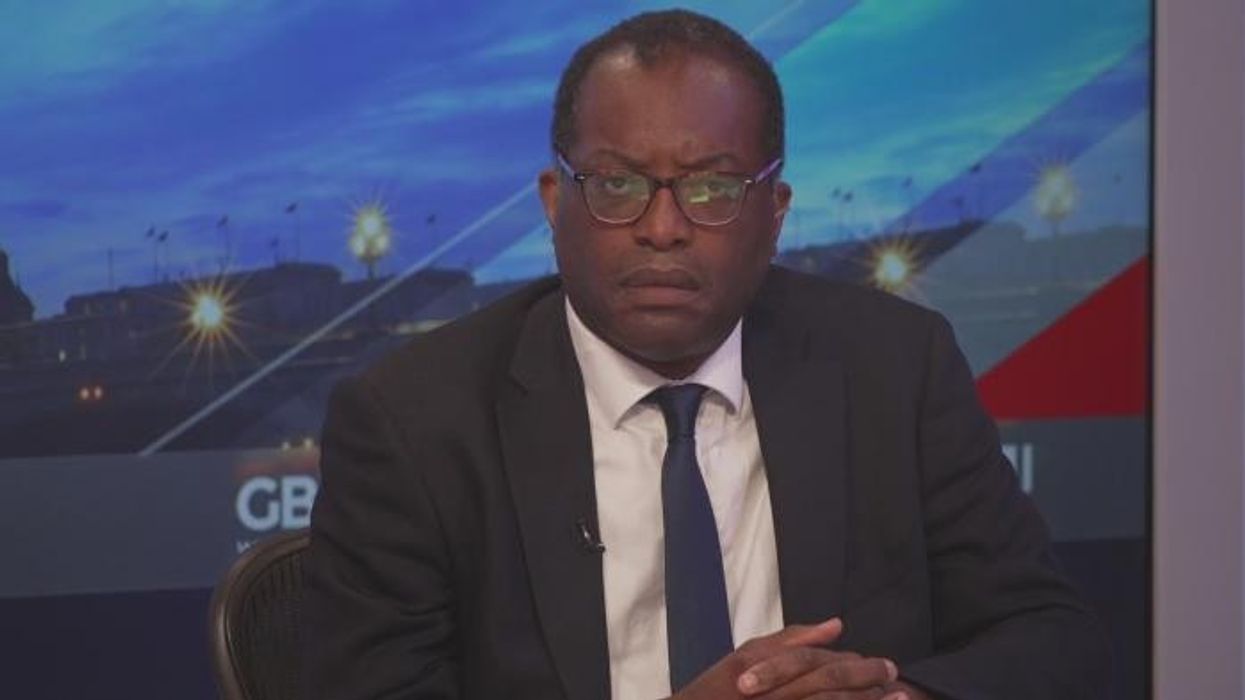Barclays boss urges ministers to limit pay rises and avoid hiking bank taxes

Bank boss says wage growth threatens stability as Budget looms
Don't Miss
Most Read
The chief executive of Barclays has urged ministers to show restraint on state employee pay awards, warning that wage inflation poses a serious challenge to Britain’s economic stability.
CS Venkatakrishnan, chief executive of the banking group, explained that excessive salary growth could undermine the nation’s financial health at a time when policymakers are trying to balance growth with fiscal discipline.
His remarks come as public sector pay continues to rise faster than private sector wages, creating new pressure on government finances and intensifying debate over how to fund spending commitments.
The intervention is particularly significant ahead of the autumn Budget on November 26, where the Chancellor faces tough decisions about raising revenue whilst honouring election pledges not to increase income tax, national insurance or VAT.
Do you have a money story you’d like to share? Get in touch by emailing money@gbnews.uk.
Mr Venkatakrishnan also warned against higher banking sector taxes, arguing that such measures would harm the City’s international competitiveness.
"We need to find a way to curb wage inflation," he told the Financial Times, stressing that spending must be controlled "at the government level" especially when it comes to public employee remuneration.
His comments reflect wider unease across the financial services sector about the trajectory of public spending and its potential impact on the broader economy.
Industry leaders increasingly see wage settlements in the public sector as a pivotal factor in managing inflation and ensuring sustainable growth.

Barclay's chief said that excessive salary growth could undermine the nation’s financial health at a time when policymakers are trying to balance growth with fiscal discipline.
|GETTY
Recent figures underline the concern.
Average earnings grew by five per cent in the three months to June, with public sector workers receiving 5.7 per cent compared to 4.8 per cent in the private sector.
The disparities have already fuelled industrial tensions.
London Underground services were disrupted this week when thousands of RMT members rejected a 3.4 per cent offer and walked out, citing cost-of-living pressures.

The RMT union called out members over pay and working conditions.
| PASuch strike action highlights the difficult balance facing employers who must address pay demands while avoiding measures that could entrench higher inflation across the economy.
Economists warn that if wage growth remains persistently strong, it risks embedding elevated prices for longer and delaying progress towards stability.
Mr Venkatakrishnan struck a cautiously optimistic tone on taxation, suggesting there was an "extremely low probability" of Chancellor Rachel Reeves imposing additional levies on financial institutions in the forthcoming Budget.
His stance follows calls from the Institute for Public Policy Research, which estimated that windfall taxes on banks could raise up to £8billion annually for public services.
"London is a great global financial centre and the path to growth does not lie in taxing the sector even more," he said.
The executive also voiced confidence in the government’s overall direction, adding: "I have had the view from day one that this is a Government that is pro business and particularly pro the financial industry."
Several banking leaders have echoed this message in recent weeks.
They argue that fresh tax burdens on financial services would run counter to ministers’ growth ambitions and risk weakening the UK’s status as a leading global hub.
LATEST DEVELOPMENTS:

The Chancellor remains under considerable pressure to find new sources of funding.
| GB NewsHaving ruled out increases to the main personal taxes, her options for raising revenue are limited, which has prompted speculation about higher corporate levies.
Business groups warn that if companies are asked to shoulder the bulk of revenue generation, it could hinder investment and growth just as the economy needs momentum.
Financial services firms in particular remain nervous about their exposure, given the large sums additional levies could yield for the Treasury.
The debate over public sector pay and taxation therefore sits at the heart of the upcoming Budget.
Policymakers face the task of balancing worker demands, business confidence and economic stability in a climate of constrained choices.
More From GB News











